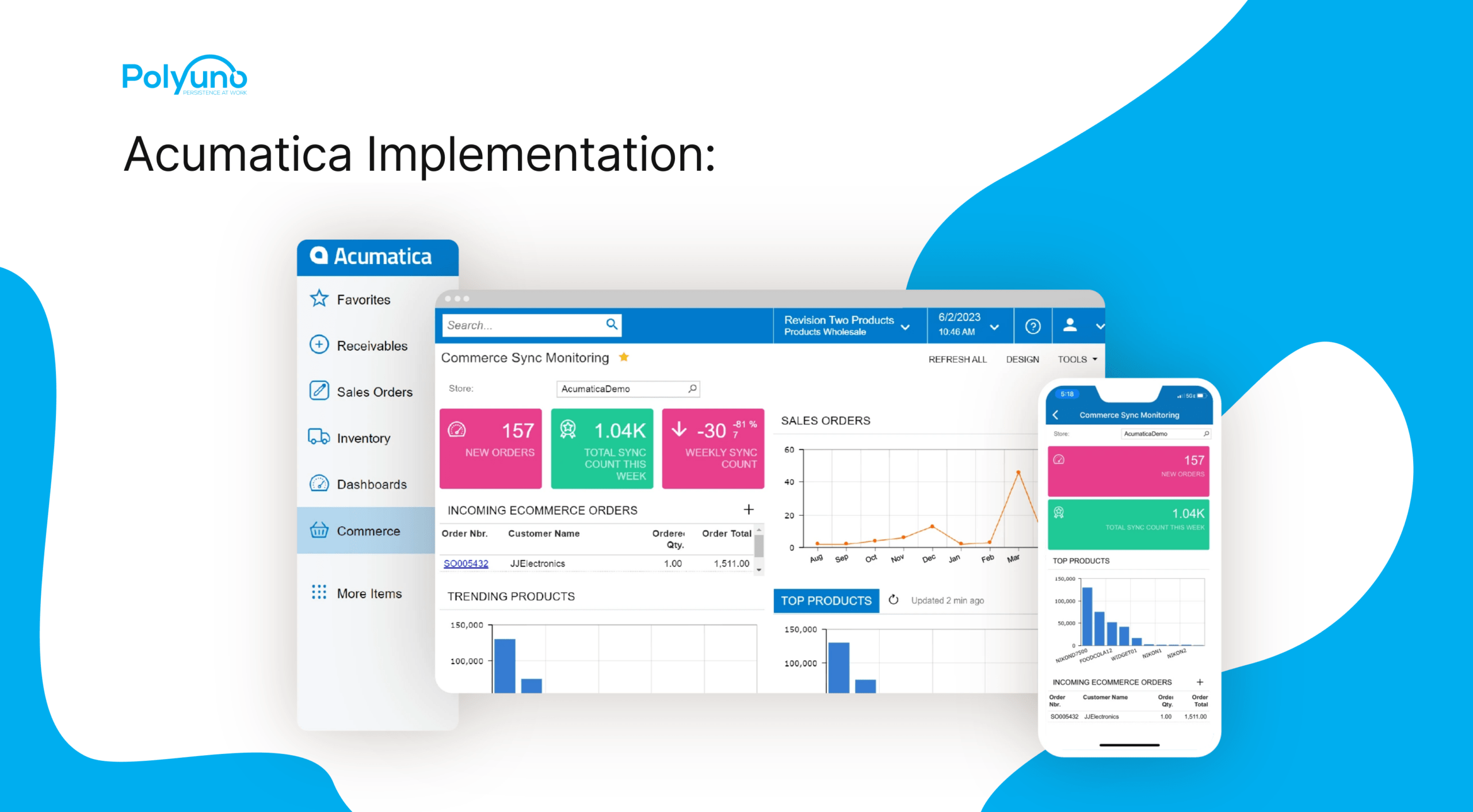ESG marketing has become a significant trend in recent years as companies seek to align their values with those of their customers and stakeholders. ESG stands for environmental, social, and governance, and it represents a set of principles that companies use to guide their operations. ESG marketing involves promoting a company's progress toward its ESG goals, using specific types of reporting and status updates.
Several factors drive the rise of ESG marketing. First, consumers are increasingly interested in companies that demonstrate a commitment to sustainability and social responsibility. Second, investors are looking for companies that are well-positioned to weather climate-related risks and other challenges. Finally, regulators are requiring companies to report on their ESG efforts, driving greater transparency and accountability.
As companies embrace ESG marketing, they are using a variety of tools and strategies to communicate their values and progress. These include sustainability reporting, content marketing, and philanthropy, among others. Companies are also setting specific goals and metrics to measure their progress toward ESG objectives, such as reducing carbon emissions or increasing diversity and inclusion in the workplace. Overall, ESG marketing is becoming essential for companies looking to build brand equity, drive growth, and make a positive social impact.
What is ESG Marketing?

ESG Marketing is a new approach to marketing that focuses on a company's progress toward achieving environmental, social, and governance (ESG) goals. It is an activity that promotes the material ESG attributes of a company's strategy to its investors, buyers, and other stakeholders in alignment with its corporate purpose and mission.
The Definition of ESG Marketing
ESG Marketing is the focused messaging on environmental, social, and governance issues as it relates to brand strategies. It is a growing priority for B2C brands. ESG Marketing is an extension of Corporate Social Responsibility (CSR) programs, which have been in place for years. However, the problem with some CSR programs is that they were little more than greenwashing. ESG Marketing, on the other hand, is a more transparent and authentic approach that provides consumers with tangible metrics regarding a company's sustainability efforts.
ESG Marketing is based on transparency, accountability, and inclusion principles. It is a way for companies to communicate their ESG efforts and their impact on society. ESG Marketing can be used as a marketing tool to attract socially conscious consumers, investors, and sustainable funds. It is also a way for companies to manage risks, improve their risk management practices, and comply with regulations.
Why is ESG Marketing Important?
ESG Marketing is important because it helps companies build their brand equity, financial worth, and potential for true social impact. It is a way for companies to differentiate themselves from their competitors and attract socially conscious consumers. ESG Marketing can also improve a company's reputation and public relations by showcasing its commitment to sustainability.
ESG Marketing is becoming increasingly important to institutional investors looking for companies that align with their values and have high ESG scores. ESG Marketing can also improve employee engagement by demonstrating a company's commitment to social responsibility. It is a way for companies to attract and retain top talent.
In conclusion, ESG Marketing is a new approach to marketing that focuses on a company's progress toward achieving environmental, social, and governance (ESG) goals. It is based on the principles of transparency, accountability, and inclusion. ESG Marketing is important because it helps companies build their brand equity, financial worth, and potential for true social impact. It is a way for companies to differentiate themselves from their competitors and attract socially conscious consumers.
The Three Pillars of ESG Marketing
ESG marketing is a strategy that focuses on a business's Environmental, Social, and Governance (ESG) principles. It is a way for companies to show their commitment to sustainable and responsible business practices. The three pillars of ESG marketing are Environmental, Social, and Governance.
Environmental
The environmental pillar of ESG marketing focuses on a company's impact on the environment. This includes reducing carbon emissions, managing waste, and promoting environmental sustainability. Companies can reduce their carbon footprint by implementing energy-efficient practices, using renewable energy sources, and reducing transportation emissions. They can also manage waste by recycling, reducing packaging, and using sustainable materials.
Social
The social pillar of ESG marketing focuses on a company's impact on society. This includes promoting diversity and inclusion, supporting communities, and ensuring health and safety for employees. Companies can promote diversity and inclusion by implementing policies that support equal opportunities and creating a workplace culture that values diversity. They can also support communities by engaging in philanthropy and volunteering.
Governance
The governance pillar of ESG marketing focuses on a company's management practices. This includes promoting accountability, transparency, and ethical business practices. Companies can promote accountability by implementing frameworks that measure and report on their ESG efforts. They can also promote transparency by disclosing information about their ESG scores and sustainability initiatives. Ethical business practices can be promoted by ensuring compliance with regulations and avoiding greenwashing or woke washing.
In conclusion, the three pillars of ESG marketing are Environmental, Social, and Governance. Companies can use these principles to promote sustainable and responsible business practices, reduce risks, and create opportunities for growth. By implementing ESG marketing strategies, companies can demonstrate their commitment to corporate social responsibility, attract institutional investors, and align their business practices with their company mission.
How to Implement ESG Marketing
Implementing ESG marketing requires a strategic approach that aligns with the company's goals, values, and mission. Here are some steps to help companies implement ESG marketing:
Setting Goals and Metrics
The first step in implementing ESG marketing is setting clear goals and metrics. These goals should align with the company's values and mission and should be measurable. Metrics should be regularly monitored and reported to track progress and identify areas for improvement.
Companies should also consider setting specific ESG targets, such as reducing carbon emissions or increasing diversity in the workplace. These targets can help companies focus their efforts and demonstrate their commitment to sustainability and social responsibility.
Communicating with Stakeholders
Effective communication is essential for successful ESG marketing. Companies should communicate their ESG efforts and progress to stakeholders, including employees, customers, investors, and communities.
Communication should be transparent, accurate, and timely. Companies should also consider using a variety of communication channels, such as social media, press releases, and sustainability reports, to reach their target audience.
Reporting and Transparency
Reporting and transparency are critical components of ESG marketing. Companies should regularly report on their ESG efforts and progress, using established reporting frameworks such as the Global Reporting Initiative (GRI) or the Sustainability Accounting Standards Board (SASB).
Reporting should be accurate, comprehensive, and easily accessible to stakeholders. Companies should also consider disclosing any risks and opportunities related to ESG issues, such as climate-related risks or opportunities for growth in sustainable markets.
Implementing ESG marketing can be a powerful marketing tool that demonstrates a company's commitment to sustainability, social responsibility, and good governance. Companies can build a strong brand and attract socially conscious consumers and investors by setting clear goals and metrics, communicating effectively with stakeholders, and reporting transparently on their ESG efforts.
ESG Marketing Trends and Best Practices
The Rise of ESG Investing
ESG investing has become increasingly popular in recent years, with investors looking for companies that align with their values and are committed to sustainability. According to a report by Morningstar, global sustainable fund assets reached a record high of $1.7 trillion in the first quarter of 2021. This trend has led to a growing demand for companies to disclose their ESG performance and for marketing teams to incorporate ESG messaging into their campaigns.
The Importance of ESG Reporting
ESG reporting is a critical component of ESG marketing. Companies need to be transparent about their ESG performance and communicate their progress to stakeholders. This includes providing detailed information on their environmental impact, social responsibility, and corporate governance. ESG reporting is important for investors and customers, employees, and other stakeholders who want to know that the companies they support are committed to sustainability.
To ensure that ESG reporting is accurate and reliable, companies should follow established reporting frameworks such as the Global Reporting Initiative (GRI) or the Sustainability Accounting Standards Board (SASB). These frameworks provide guidelines for reporting on ESG issues and help companies standardize their reporting practices.
The Role of Technology in ESG Marketing
Technology has played a significant role in the growth of ESG marketing. Social media platforms, for example, have made it easier for companies to communicate their ESG initiatives and engage with stakeholders. Companies can use social media to share their sustainability goals, highlight their achievements, and respond to questions from customers and investors.
Another way technology is helping companies with ESG marketing is through the use of data analytics. Companies can use data to track their progress on ESG issues, identify areas for improvement, and benchmark their performance against industry peers. Data analytics can also help companies identify ESG risks and opportunities, which can inform their sustainability strategies.
In conclusion, ESG marketing is becoming increasingly important as more companies recognize the value of sustainability and responsible business practices. Companies can build trust with stakeholders and differentiate themselves in a crowded marketplace by following best practices such as transparent ESG reporting and leveraging technology to communicate their sustainability initiatives.
How Polyuno Helps
Polyuno is a company that specializes in providing its clients with ESG reporting and materiality services. The company helps its clients to effectively communicate their ESG performance to stakeholders and identify the most important ESG issues to their business.
Polyuno offers a range of services to its clients, including:
ESG Reporting
Polyuno can help clients to collect, manage, and report on their ESG data using tools and platforms that enable data-driven decision-making and ESG performance monitoring.
ESG Strategy Development
Polyuno can provide guidance on how to develop and implement an ESG strategy that aligns with a company's business objectives and stakeholder expectations. We can help clients identify the key ESG issues most relevant to their business and develop a strategy to address them.
ESG Materiality Assessment
Polyuno can help clients to identify the most critical ESG issues to their business through a materiality assessment. The company can help clients to prioritize their ESG issues based on their impact on the business and stakeholder expectations.
ESG Benchmarking
Polyuno can help clients to benchmark their ESG performance against their peers and industry standards. The company can provide clients with insights into how their ESG performance compares to their peers and identify areas for improvement.
Polyuno is a valuable partner for companies looking to improve their ESG performance and communicate their progress to stakeholders. The company's expertise and experience in ESG reporting and materiality can help clients to navigate the complex landscape of ESG and develop a strategy that aligns with their business objectives and stakeholder expectations.




